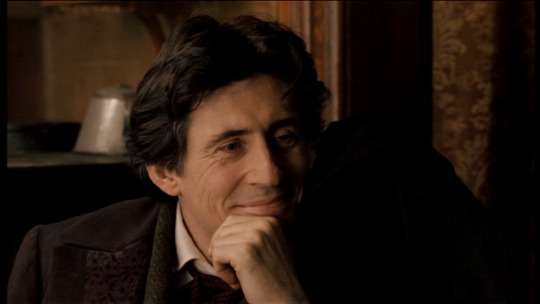#friedrich bhaer support group
Video
youtube
Jo is frustrated with her editor #Shorts Little Women
#why the films turn Fritz into a bully and not the editor#Jo lost her good night sleep because of the editor#little women#jo march#weeky volcano#friedrich bhaer support group
2 notes
·
View notes
Photo

Radical acceptance in March Trilogy
I re-read Little Men last summer and I had not read it for ages. It was much more touching than I remembered. Some of the students in Plumfield had disabilities and some of them would probably fit into the Autism spectrum. Children with disabilities did not have the easiest life in the 19th century.
In Little Women, Hummels are Germans and grateful for Marches from all of their help. Yes, Beth catches scarlet fever but Marches never blame the Hummels, and it was not their fault that they are poor and diseases were very common and spread easily. Louisa always writes about them with sympathy.
The lack of conversation is similar to Friedrich and immigration themes. 90% of the conversation still seems to be about why Jo didn´t marry Laurie. It only proves that Louisa May Alcott and her radical acceptance is too radical for modern-day filmmakers. She was an abolitionist, supported orphans and immigrants, a humanitarian.
"Education and self-culture would balance and limit the predatory, expansionist impulse of modern trade and technology of through a turn that would "league" all nations into a global civil society. What Kant called a "cosmo-political state". Rather than militarize national citizens for expansion and conquest, Kant´s proposed a new ethic of "universal hospitality" would forbid any nation to conquer or assault any other (Kant had in mind French and British empires). This was not, in Kant´s view, a hazy utopian dream, but entirely practical, "a necessary completion of the public law of mankind".
Following Kant, generations of idealist sought to realize his cosmopolitan ethic. "New philosophy" transformed the American intellectual landscape. Sprouting into informal reading groups. Critics dubbed the most famous of them as "transcendentalists" using Kant´s term to sneer at their strange and foreign ideas. But these very ideas inspired America´s first great movement in literature, philosophy and reform, which in turn carried cosmopolitan thinking around the globe as books by Emmerson, Thoreau, Fuller, Louisa May Alcott and others travelled the Atlantic back to Europe and beyond. Cosmopolitanism offered an ethical response that tried, not to privilege the near and familiar by excluding or demonizing the "Other", but rather to value the Other and work toward connection and dialogue, even global political solidarity, across national boundaries and differences of race, class and gender.
Jo falls in love with a poor German philosopher, from an anglo-American perspective such choice has seemed bizarre, but from Louisa May Alcott´s transnational perspective it is inevitable. Germany was the fountainhead of the new philosophy, and all of the transnational literature available to Louisa, the German was by far the most important to her. As Christine Doyle has detailed, the influence of German literature on the March trilogy was deep indeed making, as she says "much more explicable the match between Jo March and Friedrich Bhaer". (The cosmopolitan project of Louisa May Alcott by Laura Dassow Walls).
27 notes
·
View notes